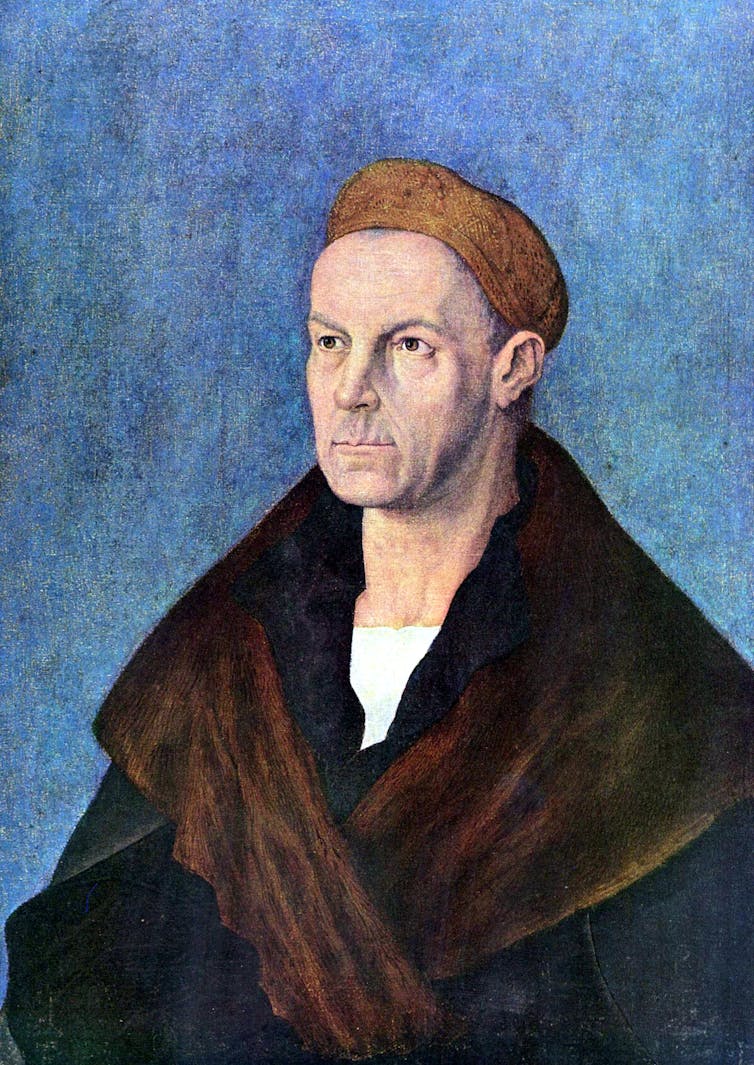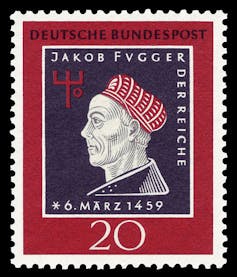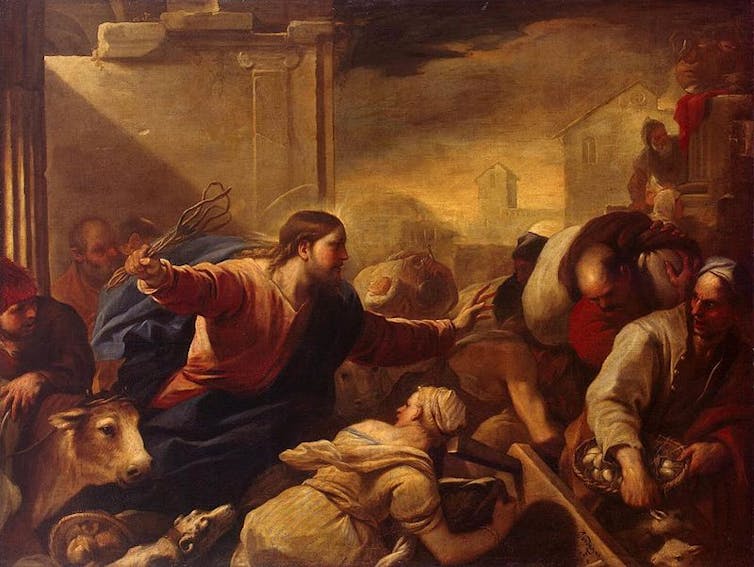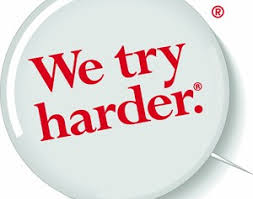The man who gave us the Reformation – and it wasn't Martin Luther
When Martin Luther published his 95 theses 500 years ago this month, so the story goes, his general target was the corruption of the church. But he also had a very particular organisation in his sights. By October 1517, the extraordinary reach and power of the Fugger banking family was threatening not only the integrity of religion, but the very foundations of European society.
If Luther’s words provided the spark for the Reformation, it was the Fuggers who provided much of the fuel.
Originally cloth merchants based in Augsburg, Germany, the Fuggers moved on from dressing aristocratic weddings to lining aristocratic pockets. It was a move that brought a corresponding rise to power and notoriety. The family’s success during the latter years of the 15th century brought them lucrative business with the Hapsburgs, the Austro-Hungarian family whose lands extended across Europe and who supplied a succession of Holy Roman Emperors for four centuries.
The man responsible for this diversification of the family business was Jakob Fugger and the first transaction was a loan of 23,627 florins to Siegmund, Archduke of Tyrol, in 1487. The loan was significant in establishing a binding relationship with powerful people. More practically, the loan was secured with a mortgage on the archduke’s prize Schwaz silver mines.

Power games
This arrangement meant that if Siegmund was unable to meet his repayments, the Fuggers would simply get paid in bullion. The highly profitable and risk-free nature of this arrangement led the Fuggers to quickly develop it elsewhere. By the turn of the 16th century they controlled the whole of the Schwaz production, owned their own silver mines in Tyrol and Carinthia and were quickly muscling in on Hungarian copper production.
The Fuggers developed close personal as well as business connections with the aristocracy. They married themselves into some of the most powerful families in Europe – particularly the Thurzo of Austria – and loaned heavily to the rest. Clients included Henry VIII of England, Charles V of Spain and the German Emperor Maximillian I. The latter proved particularly lucrative, helpfully combining overweening (and therefore expensive) military and political ambitions with what the economist Richard Ehrenberg claimed was a reputation as “the worst manager of all the Hapsburgs”.
 Stamp of authority. NobbiP/Wikimedia Commons
Stamp of authority. NobbiP/Wikimedia Commons
So much money was gained through their various businesses that by the turn of the 16th century Jakob was known simply as “The Rich”.
Having spent his early years in and around the silver mines of the Harz Mountains where his father was a master smelter, Luther would have been acutely aware of the Fugger’s interests in metal. But it was their mining of religion that incurred his wrath in 1517.
‘Indulge me’
The Roman Curia – the central administrative body of the Catholic Church – demanded high fees from those achieving high office. The intersection of ecclesiastical, family, and financial structures in the Holy Roman Empire allowed those with the means to hold multiple positions of power, all of them lucrative. So while it was important that the Princes of the Church be good and pious men, they also needed a lot of ready cash.
When Albrecht of Brandenburg was appointed Elector of Mainz in 1514, he had to raise 21,000 ducats to pay the Curia. Albrecht was already a powerful man: he held several other ecclesiastical offices. But even he did not have the means for such high fees. So he borrowed it from the Fuggers at interest – the latter described by convention at the time as a fee for “trouble, danger and, expense”.
To provide himself with an income to repay all this, Albrecht paid an additional 10,000 ducats to secure from Pope Leo X the right to administer the recently announced “Jubilee Indulgences” designed to pay for work on St Paul’s Basilica in Rome.
Indulgences claimed to offer the purchaser reductions in the time spent by loved ones in Purgatory. They had been a controversial church practice for centuries. Luther was not the first to condemn indulgences – many regarded them as heretical – but the audacity of Albrecht’s corruption as he sought to pay back Jakob Fugger gave his words greater force.
Albrecht’s appointed Pardoner – Johann Tetzel – was accompanied at all times by an agent of the Fugger. The agent held the key to the Indulgence chest and when it was full, it was the agent that took the contents. Half went to the Fugger agent in Rome to pay off the Curia, half to Augsburg to pay off Albrecht’s loans. Luther’s comparison of such antics to the biblical story of Christ driving the moneychangers from the Temple, was too obviously legitimate to ignore.
 Luca Giordano: Expulsion of the Moneychangers from the Temple. Luca Giordano/Wikimedia Commons
Luca Giordano: Expulsion of the Moneychangers from the Temple. Luca Giordano/Wikimedia Commons
Anti-capitalist
In short, it was the abuse of money and power that gave us the reformation. And debt was at the very heart of it. It is a familiar tale. The Fugger family’s fortunes eventually waned from these extraordinary heights, but they set the tone for a distinctly “capitalist” form of banking – one that endured.
The rapid spread of modern accounting practices, the rock-solid security of their metal-backed loan business, and their ruthless manipulation of markets made the Fuggers a formidable mercantile power. Later banking dynasties used similar techniques – particularly the Rothschilds – but none have equalled their power or notoriety. Jakob “The Rich” is still reckoned to be the single wealthiest person ever to have lived. Just how wealthy we will never know. According to Fugger historian Mark Häberlein, Jakob anticipated the practices of modern day plutocrats by striking a deal with the Augsburg tax authorities in 1516. In exchange for an annual lump sum, the family’s true wealth would not be disclosed.
Luther’s intervention was a response to the corrosive effects of greed and corruption. It may have provoked an epochal schism in society and centuries of associated religious warfare, but it barely dented the rise of capital. The Fuggers and their successors thrived in the chaos of the Reformation. It is entirely feasible to position Luther, as much as anything, as an early anti-capitalist. It is not without irony then that a few centuries later, the historian Max Weber would associate the “Protestant Ethic” with the “Spirit of Capital”. That would leave Luther spinning in his grave.
This article was originally published on The Conversation. Read the original article.


















